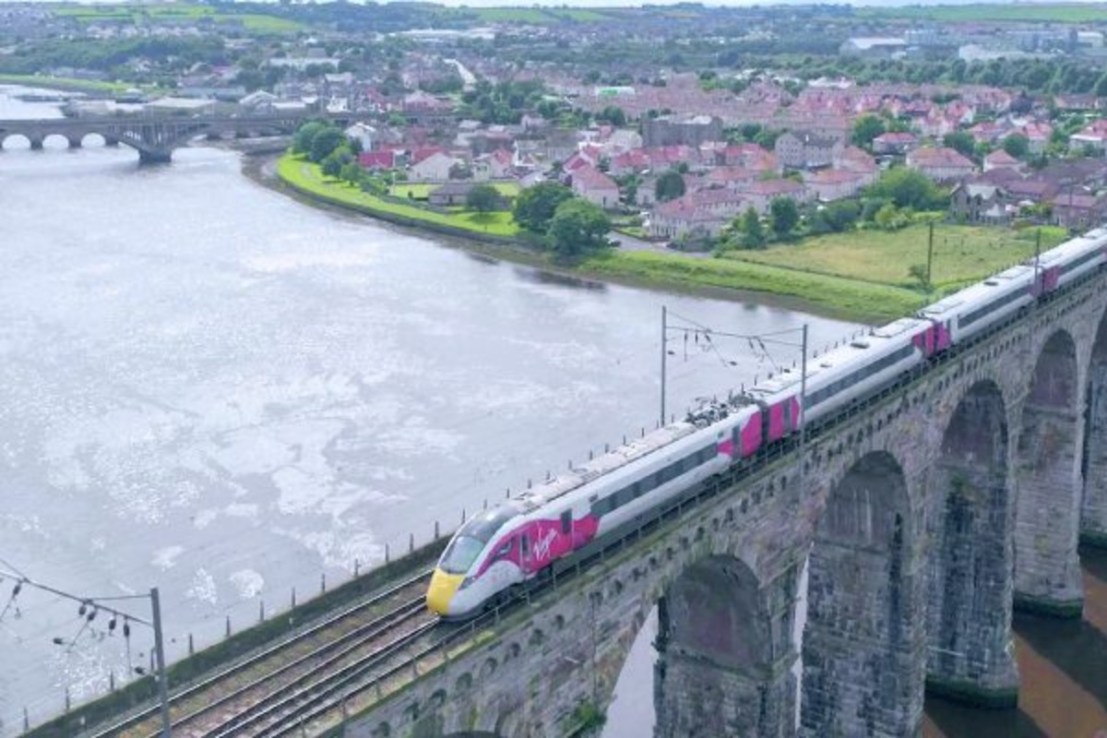Regulator blocks Richard Branson’s bid to bring back Virgin trains


Richard Branson’s bid to bring Virgin trains back to the UK has suffered a crushing setback following a ruling from the rail regulator.
The Office of Rail and Road (ORR) on Thursday said it had rejected applications from Virgin Management and two other companies for track access rights to run services on the West Coast Main Line
The watchdog concluded there is “insufficient capacity” on the West Coast route’s southern section for the proposed services and that their introduction would be “detrimental” for passengers.
The two other companies vying for a slice of the route are East Coast Trains, run by Firstgroup’s open-access subsidiary Lumo, and the Wrexham, Shropshire and Midlands Railway Company.
“After thorough assessment of each application, it was clear that there was insufficient capacity to approve any of the services without a serious negative impact on the level of train performance that passengers experience on the West Coast Main Line,” Stephanie Tobyn, ORR’s director of strategy, policy and reform, said.
Virgin Management had been seeking to operate open-access services from London Euston to various destinations including Liverpool, Birmingham and Glasgow.
Open access is a lesser-used model in which operators shoulder full commercial risk in exchange for greater profits. It has been pushed to the side by the current Labour government as it brings the UK’s railway network back into public ownership.
Not enough space for Branson
“We recognise the potential advantages of competition on the West Coast Main Line, which is why we approved in 2024 the new London-Stirling services that First Group are due to start operating in 2026,” Tobyn said.
“However, it is clear that the southern end of the route requires space in the timetable to provide resilience. Additional services within the current timetable structure and planned capacity use would further weaken punctuality and reliability, not just at the south end of the WCML but elsewhere as well.”
Branson’s Virgin Trains stopped running services on the West Coast route from London to Glasgow in 2019, after a protracted spat with the Department for Transport (DfT) that saw its bid disqualified.
News of the billionaire’s potential return to the UK railway scene sparked hopes that it may improve performance at Avanti, the fiercely criticised firm currently operating the West Coast Main Line.
Virgin is also one of a number of operator’s seeking to break Eurostar’s monopoly on cross-channel services.
A Virgin Group spokesperson commented: “Virgin’s proposed services on the West Coast mainline would have delivered excellent value for customers and taxpayers alike by adding five million additional seats every year from a trusted brand with a track-record for delivering award-winning, reliable train services for its customers.
“Today’s decision is a blow for consumer choice and competition. We still believe, that given the opportunity, Virgin’s Open Access routes could play a valuable role in delivering the high-quality train services the British public deserve and GBR wants to encourage.
“Virgin Trains took the West Coast mainline from eight million to 42m passengers per year, all while increasing innovation, topping customer satisfaction surveys and trebling services.
“Anyone who remembers British Rail would rather forget it. Competition improves services, increases rail ridership, and drives better results for everyone, including the taxpayer.
“For now, Virgin is focused on bringing much-needed competition to the cross-Channel route by igniting a new era in international rail services for travellers on both sides of the Channel.”






